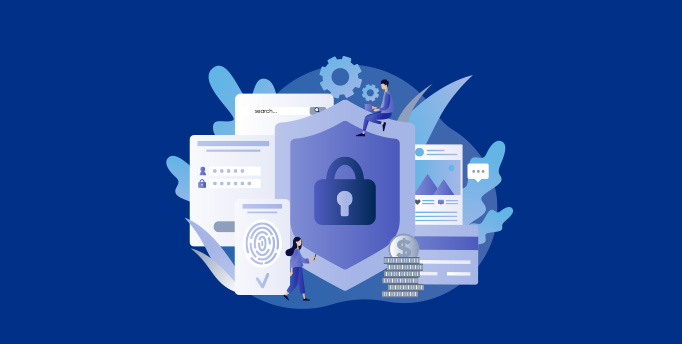October is National Cyber Security Awareness Month (NCSAM). This designation has been observed in the United States since 2004, when the Department of Homeland Security and the National Cybersecurity Alliance (NCA) established it to bring awareness of cybercrime and the need for Americans to operate safely online, whether at work, home or school. National Cyber Security Awareness Month is a great time to brush up on good cyber hygiene, which includes:
- Enabling multi-factor authentication
- Using strong passwords
- Recognizing and reporting phishing
- Keeping your software up to date
In the world of title insurance and real estate settlements, one of the biggest threats to our customers and business is wire fraud. Wire fraud involves schemes to intercept wired funds that are being transferred during real estate transactions. According to the Federal Bureau of Investigation (FBI)’s most recent Internet Crime Report, wire fraud resulting from Business Email Compromise (BEC) cost businesses and consumers $2.74 billion in 2024.
At Old Republic Title, we are regularly educating our employees, title agents, real estate professionals and customers to stay alert. Click here to learn best practices for preventing wire fraud.
